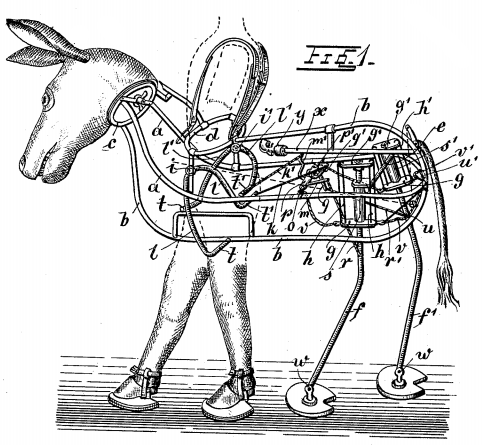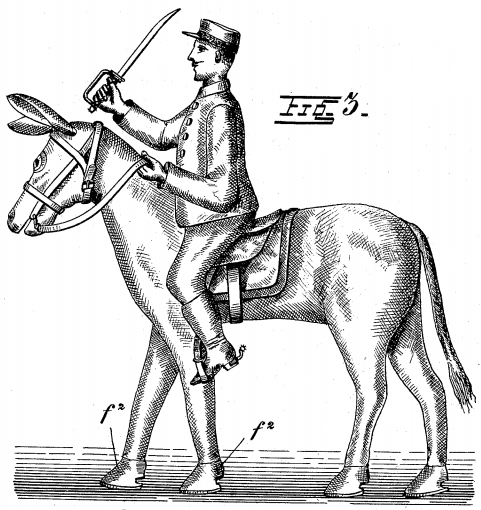
In 1914, Russian physicist Boris Weinberg proposed an electromagnetic vacuum train that could move an individual passenger from New York to San Francisco in half a day. Reasoning that air resistance and friction are the greatest enemies to speed, Weinberg envisioned using electromagnets to suspend a car in a tube from which the air had been partially exhausted. An individual passenger would lie prone in a 300-pound iron cylinder drawn along by a series of solenoids. New passengers could be introduced into the system through an airlock at a rate as high as 12 per minute, “the whole proceeding being not unlike that of feeding cartridges from a belt or clip to a machine gun.”
Weinberg estimated a maximum speed of 500 mph. “Think what that means!” he wrote in The Popular Science Monthly. “New York would be no more distant from Chicago than it is now from Philadelphia, so far as relative times are concerned. Florida might easily become a kind of winter Coney Island for all New York.”
He built a model of the system at the Technological Institute of Tomsk, but the project never got off the ground (so to speak). One reason may have been the cost: In order to slow the cars gradually, each station would have to be 2 miles long.








